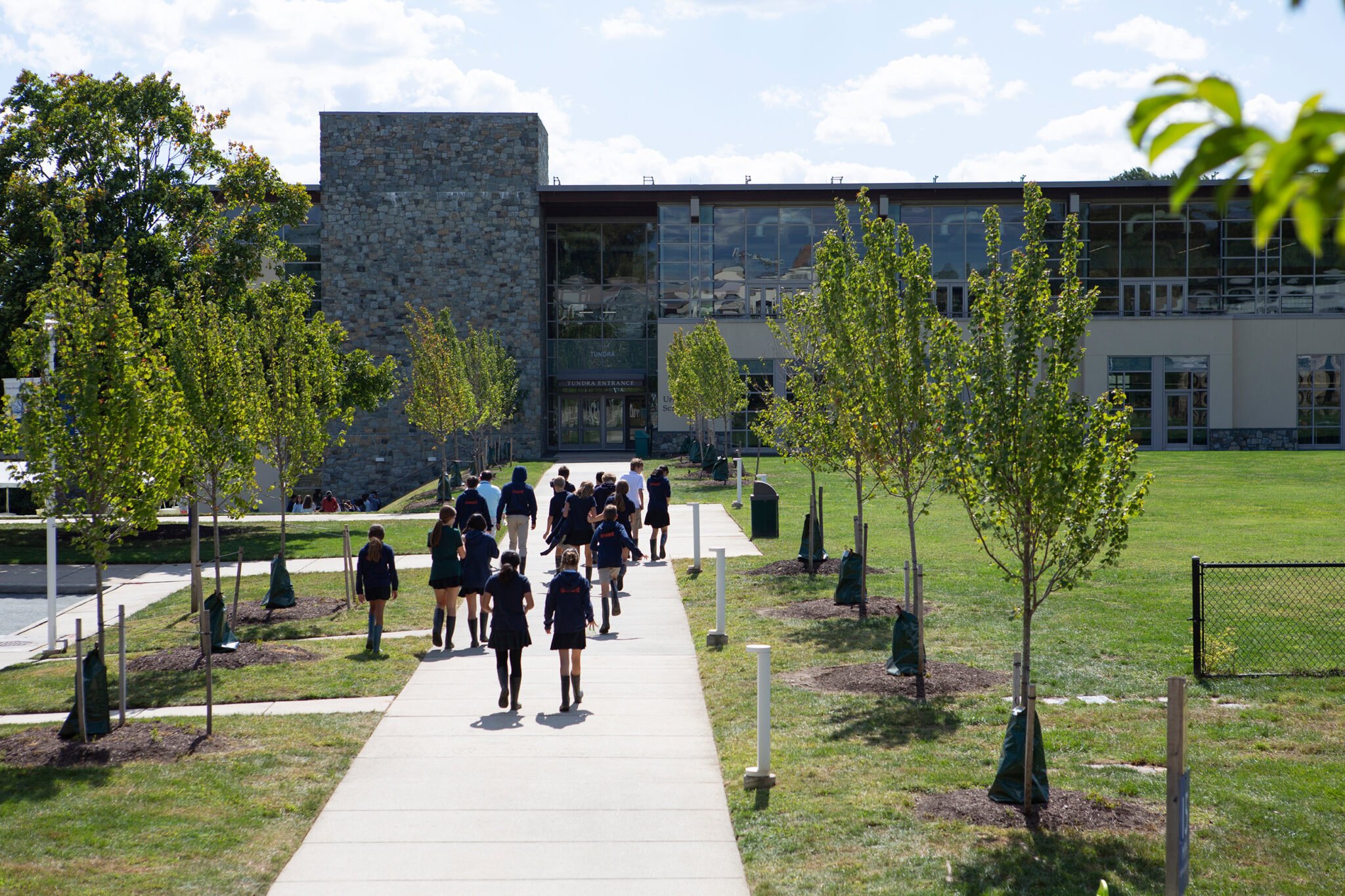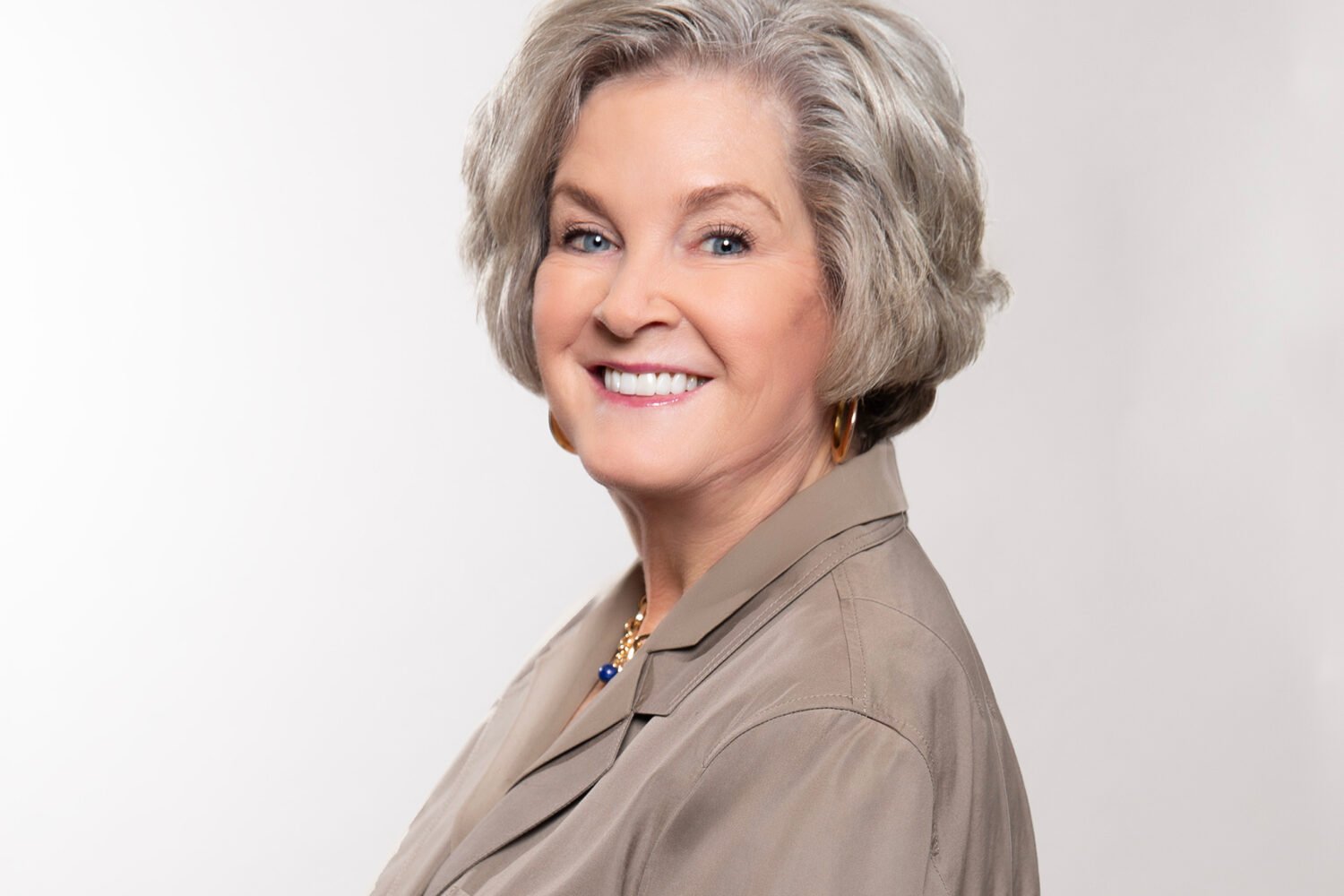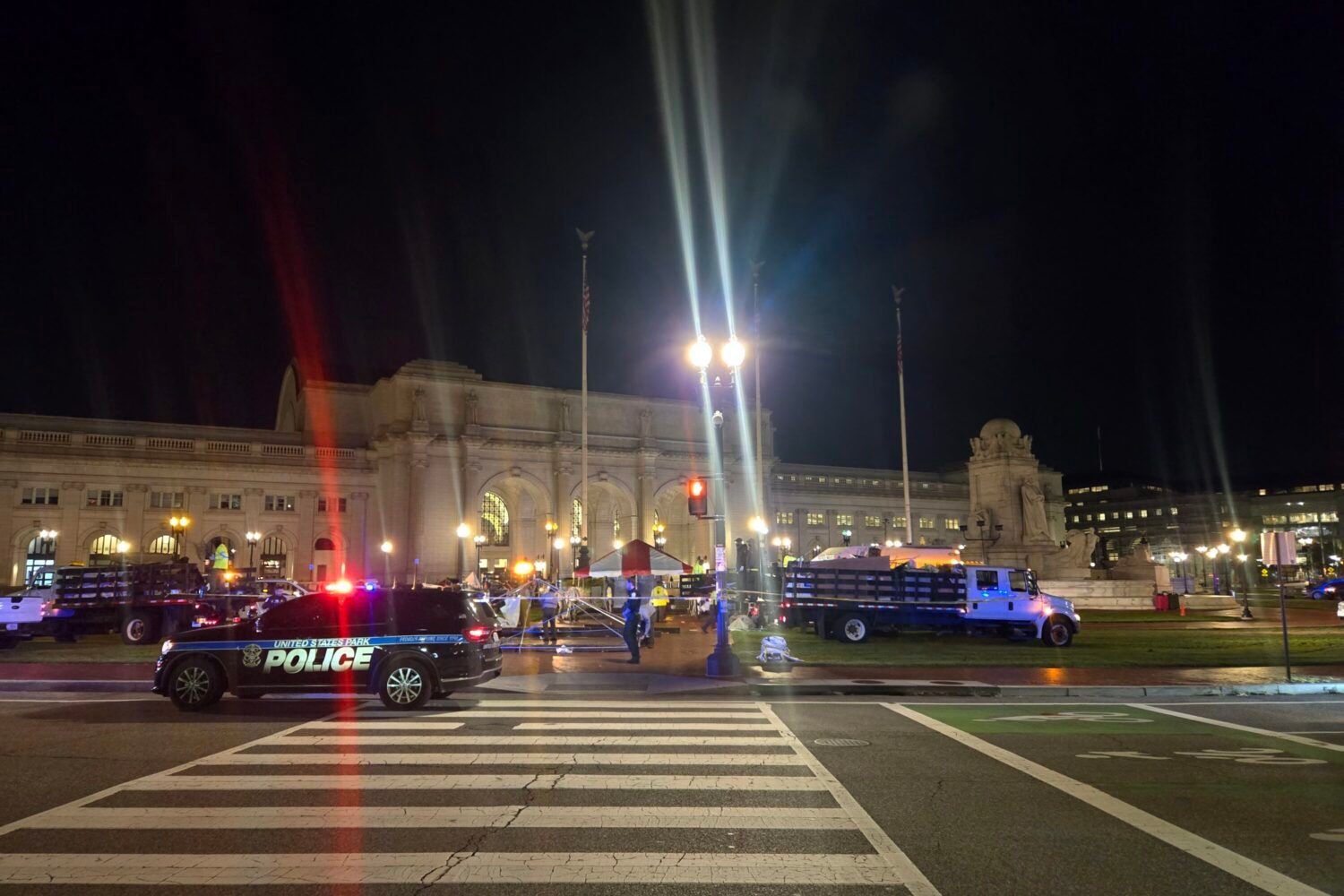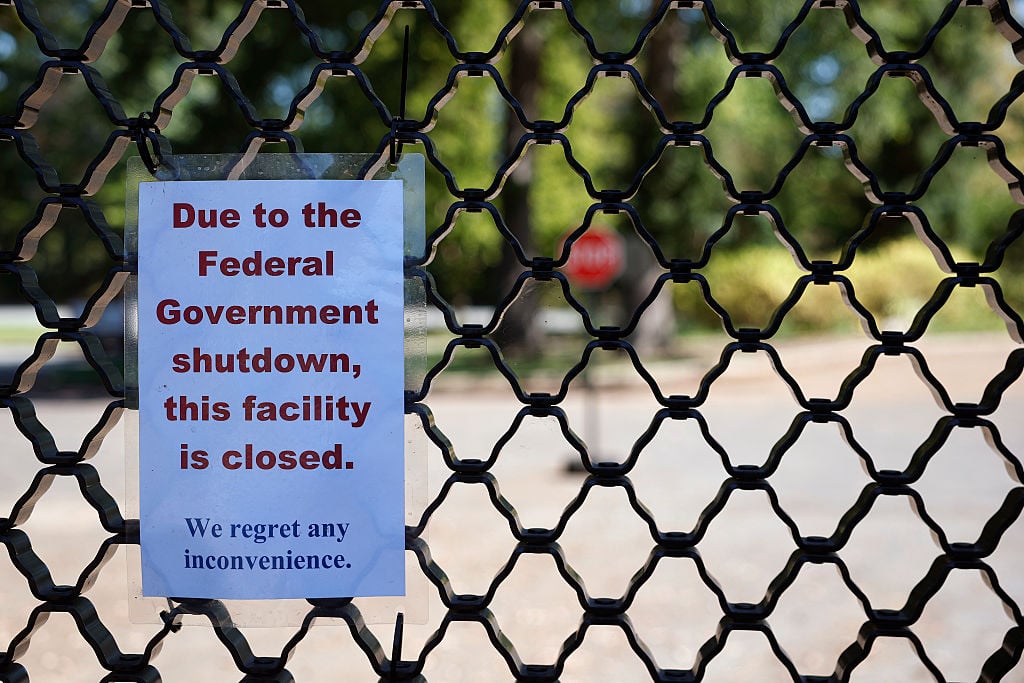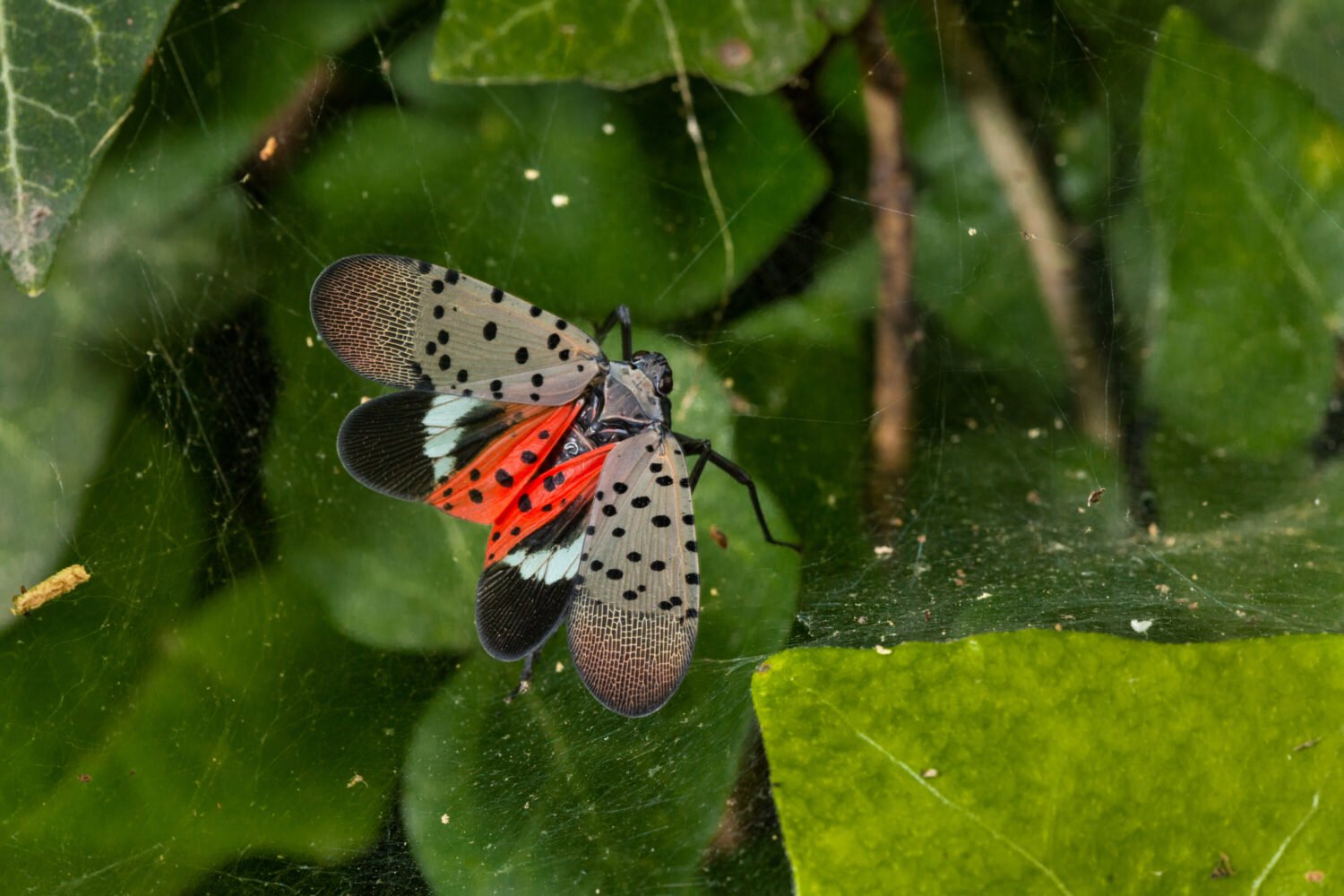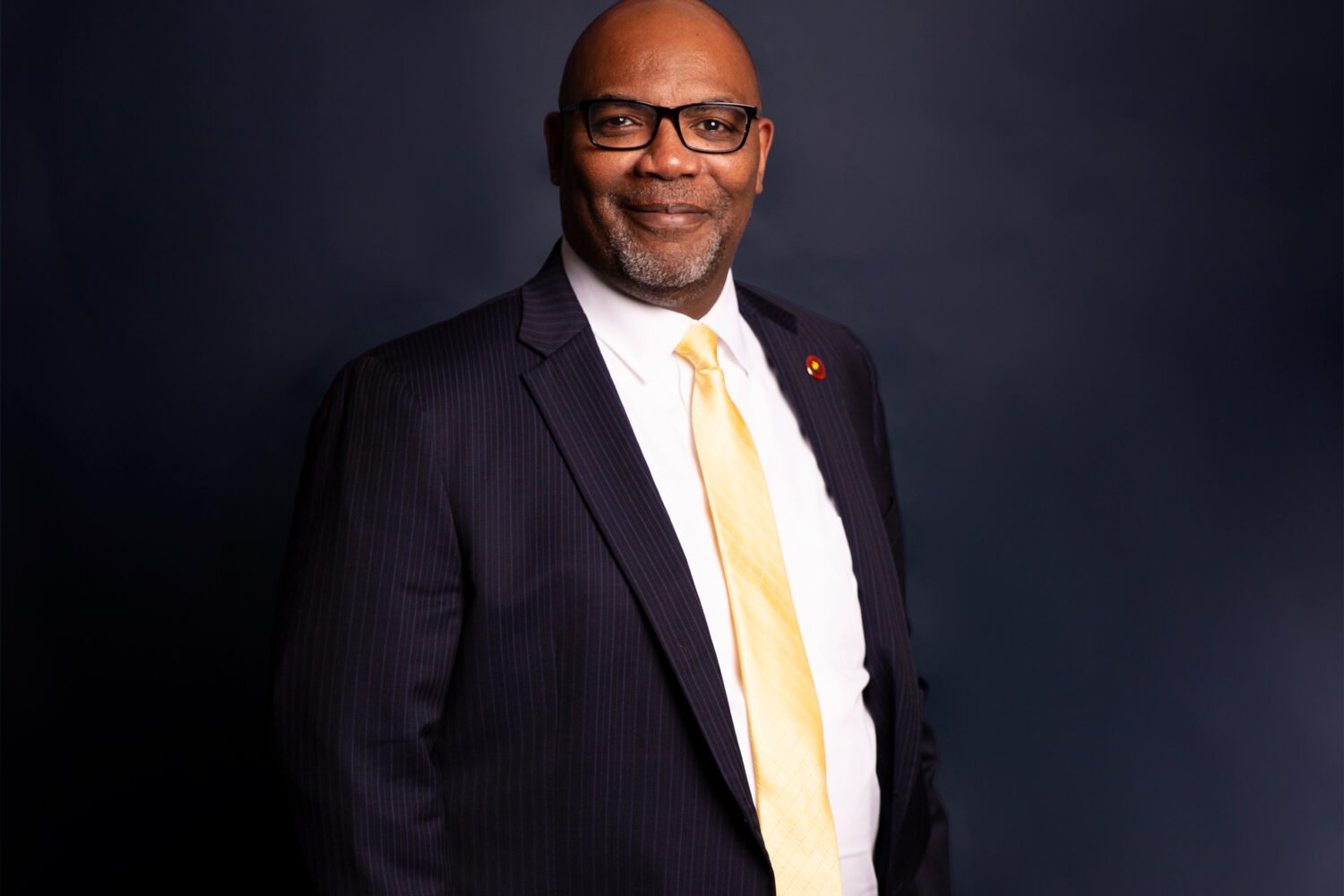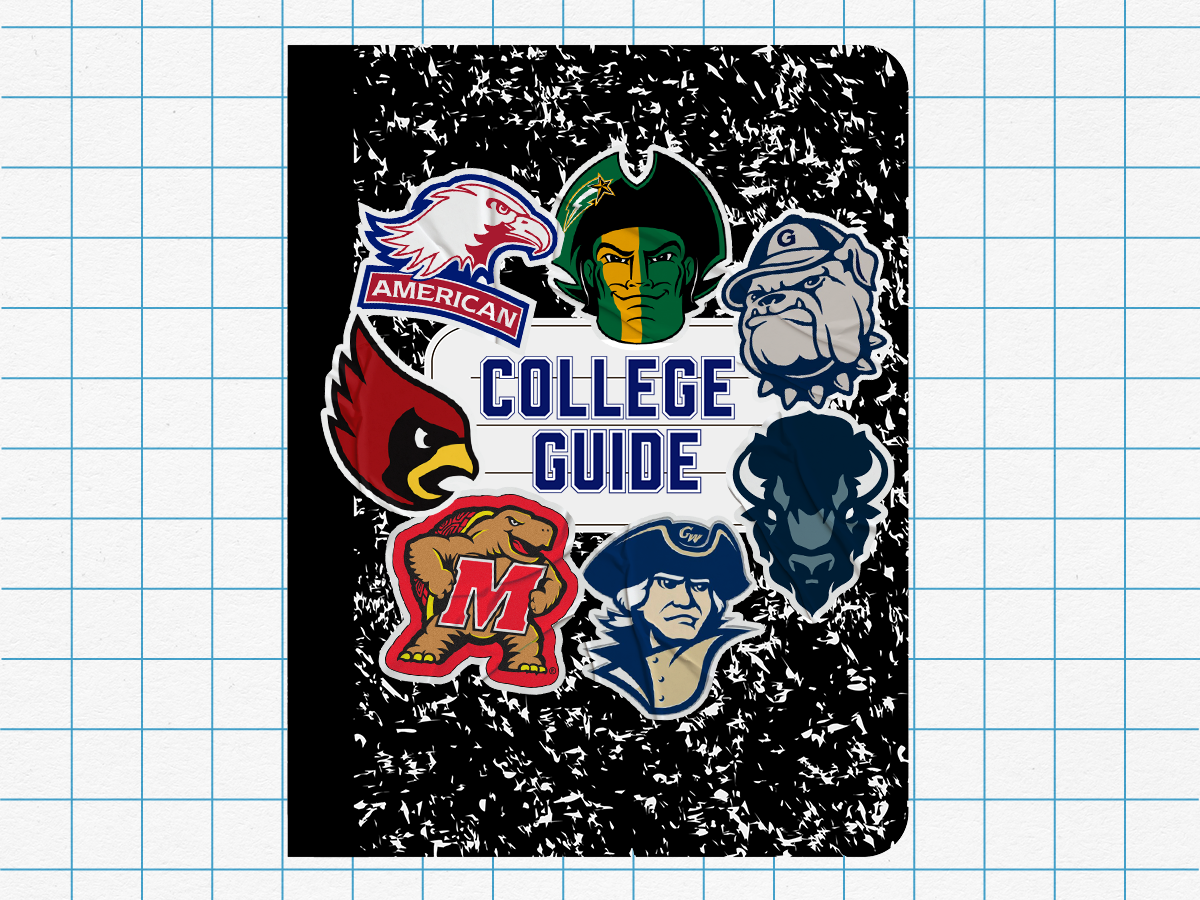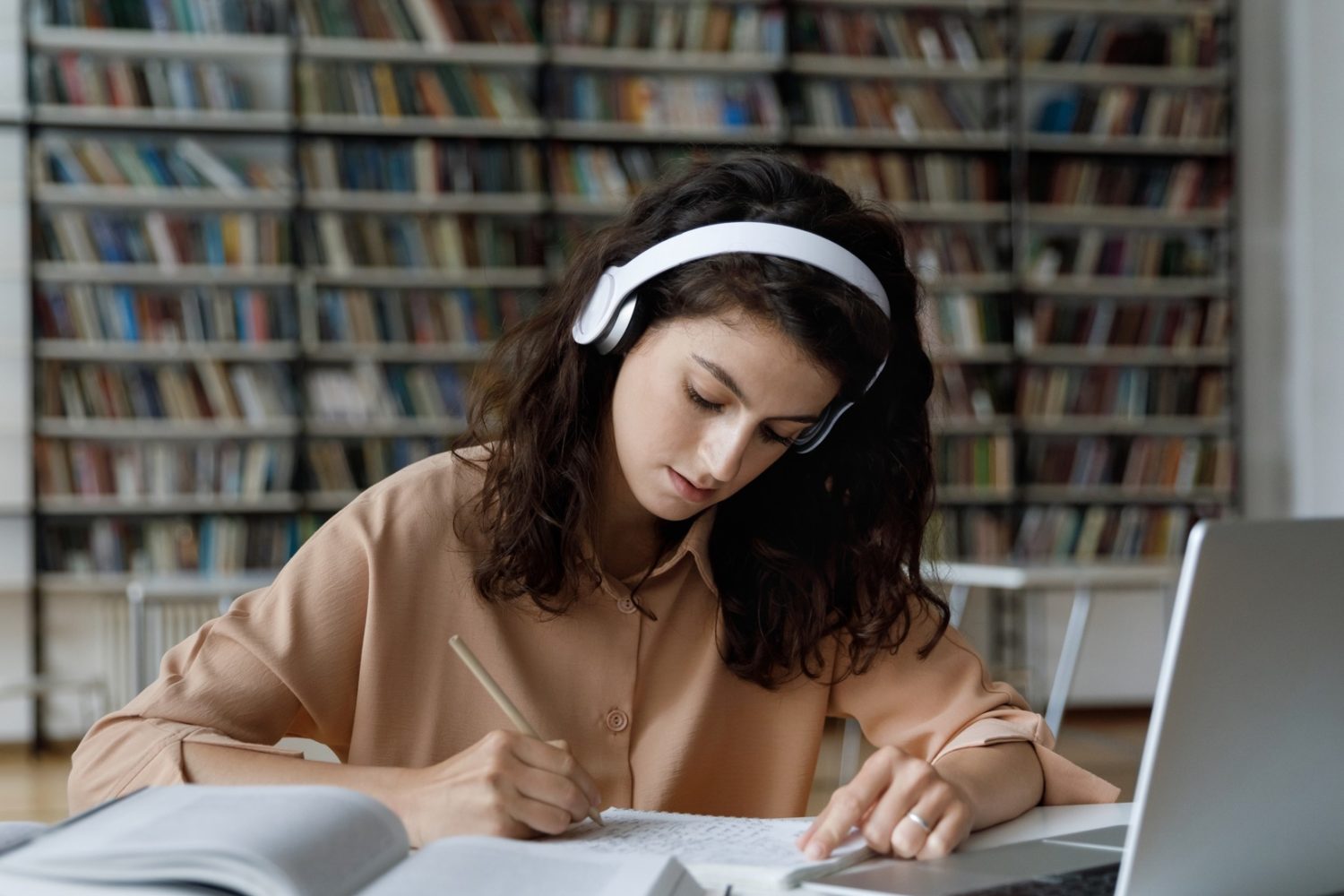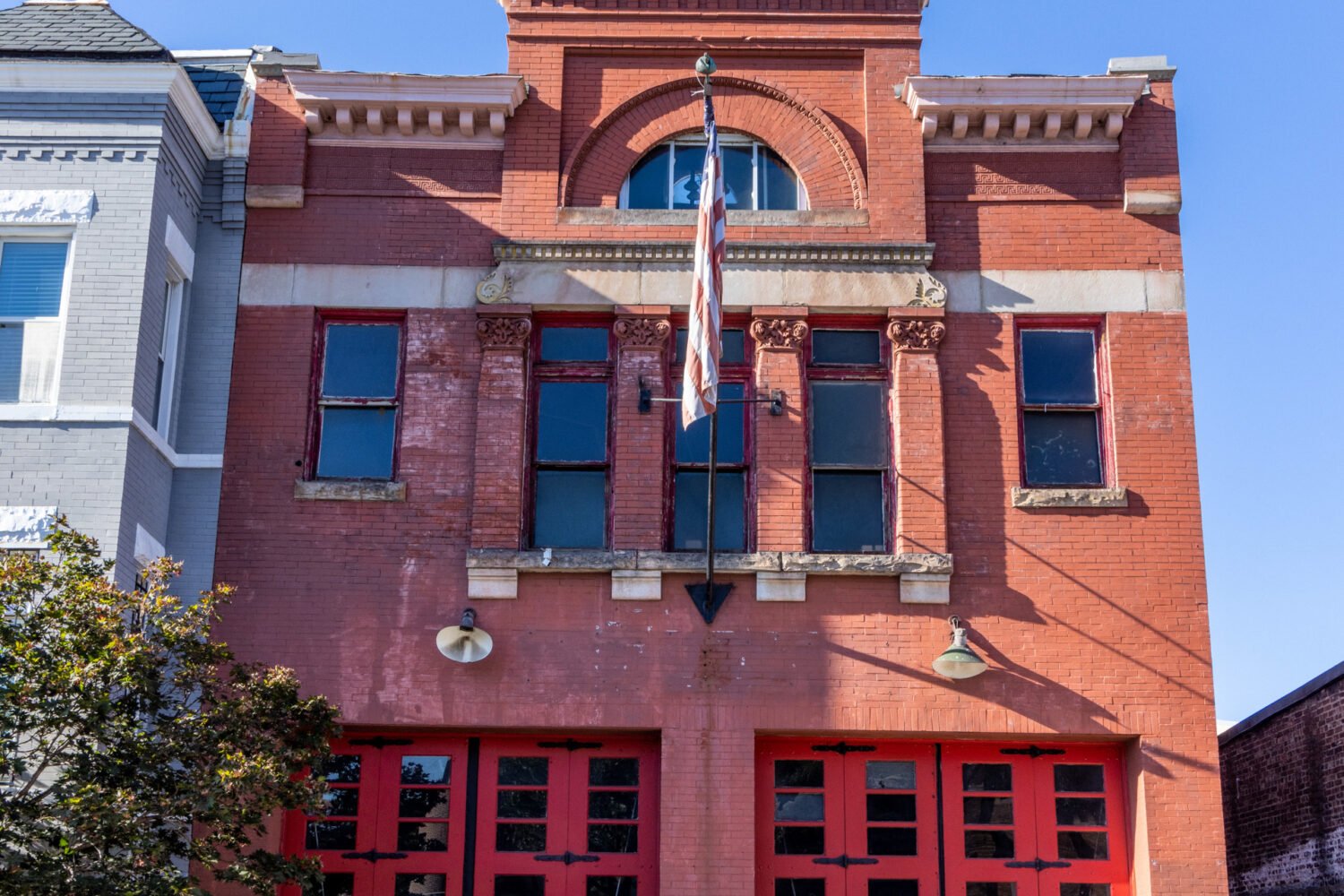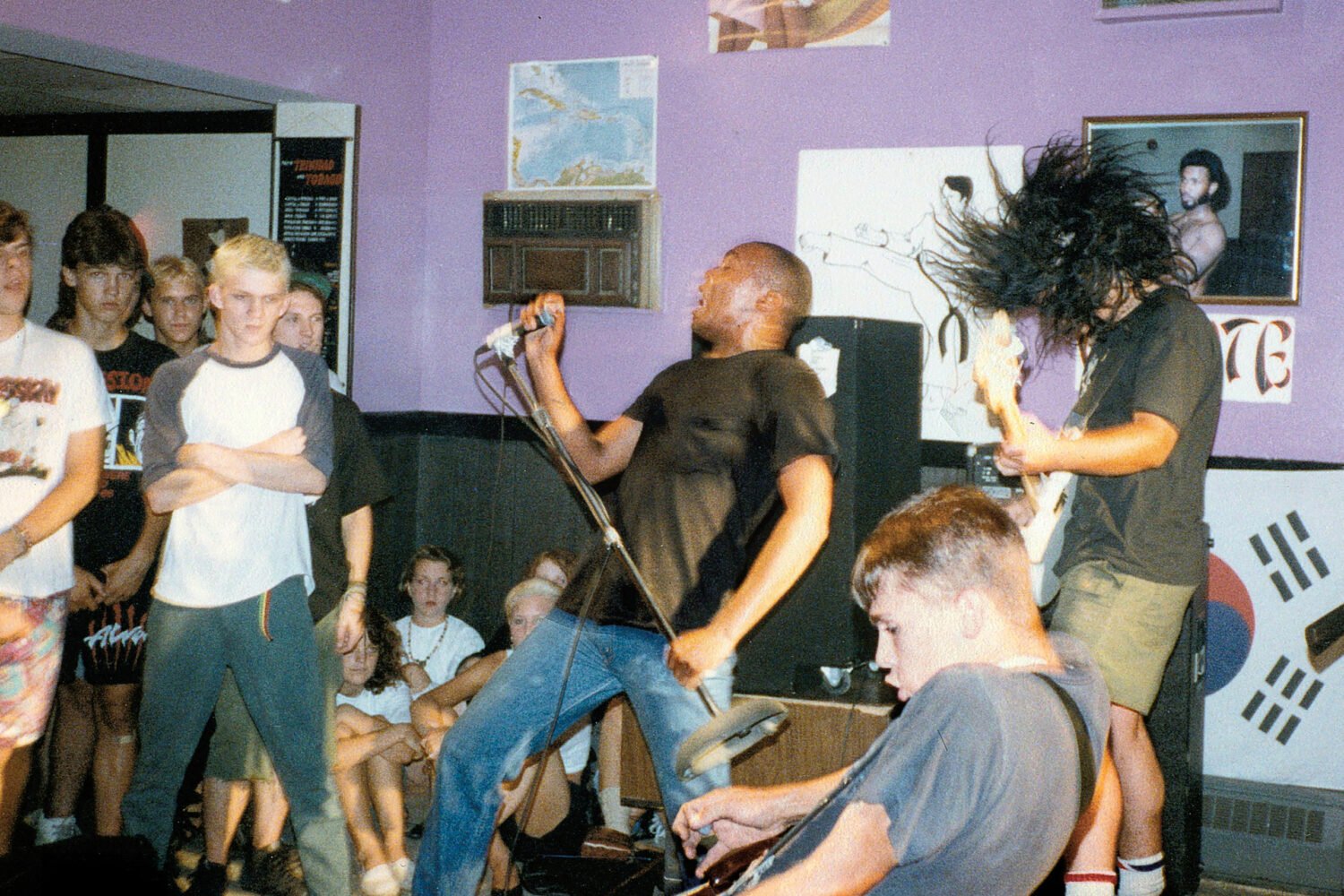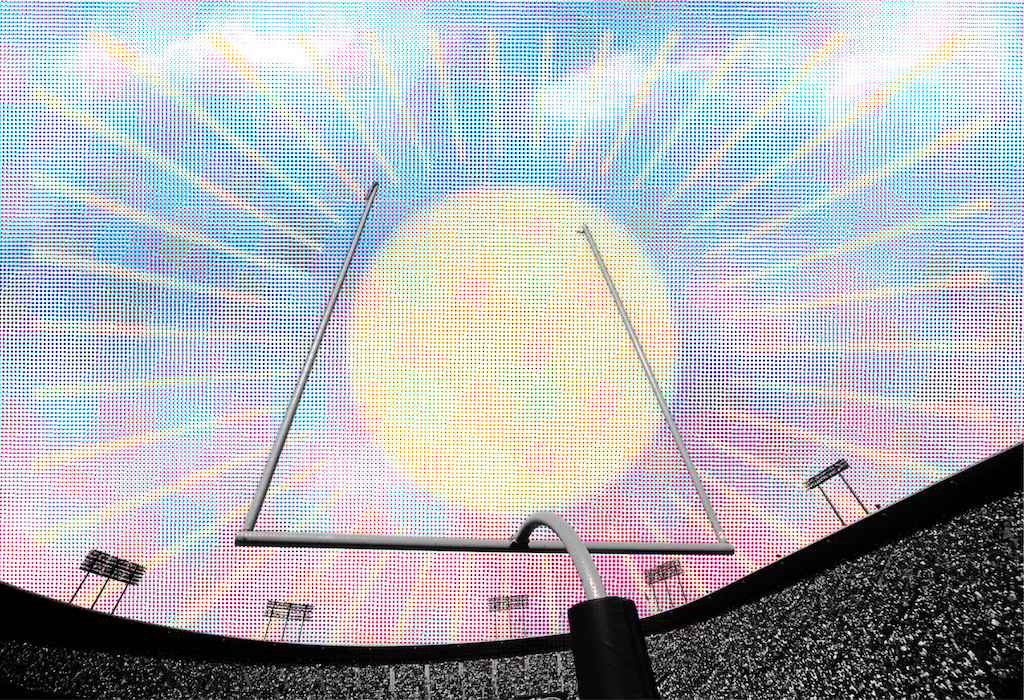It’s still among the most common questions parents ask when selecting a high school for their child: Where do the graduates tend to go to college?
When Kathleen Glynn-Sparrow worked as a college counselor at Maryland private schools, she regularly fielded that query from prospective families at open houses. But Glynn-Sparrow, who also founded a company called the College Coaches, says that when it comes to choosing a private school, it should be less about the pipeline to any specific university than about choosing a school that will allow a student to flourish.
“High school is a long four years if the student does not connect with the school community and/or does not learn well in that particular environment,” she says. Besides, past statistics don’t always predict the future: Some college reps have told Glynn-Sparrow they’re interested in attracting students from schools they haven’t drawn from before.
Which may be fine with today’s parents, because whether it’s the cost of top schools, the fact that elite institutions are under attack, or just the political climate in general, the list of desirable colleges goes well beyond Harvard. In fact, says Glynn-Sparrow, while top universities like MIT, Harvard, and Princeton appear on many initial wish lists, some students don’t bother to apply to them.
Among the most sought-after institutions for area students, she says, Boston College, Wake Forest, UNC–Chapel Hill, Duke, Northeastern, and the University of Michigan have been popular for years and still are, while large Southern schools such as the University of Tennessee, Clemson, and the University of South Carolina are gaining popularity: “The spirit and energy students see surrounding Greek life and football games seems to be appealing.”
Other families are setting their sights even farther. “More students are looking outside the US due to uncertainty with the current administration,” Glynn-Sparrow says. Among the popular colleges internationally, she reports, are the University of St. Andrews in Scotland (“They have a fascinating joint program with William & Mary where students do two years at each institution”), Trinity College Dublin, and McGill in Canada.
And if your child does have a dream college they want to attend? Glynn-Sparrow believes that getting into a preferred institution has as much to do with what the student does with their formative years—academically, socially, and extracurricularly—as with where they went to high school.
That’s not to suggest that college-bound students should rush to stack their résumé. “I think we often spend too much energy focusing on the next life step and we forget that these are kids who just want to have friends and be happy in high school,” Glynn-Sparrow says. “Yes, they want to be successful and ultimately land where they hope to be—whether that’s college, a gap year, or a job—but if they are not happy and healthy during the high-school years, those goals become so much less important.”
Her tip? Refrain from college talk altogether during a student’s freshman year: “I encourage parents to let their freshman kids be 14. Freshman year should be about finding your friends and your locker, not finding your future.”
Most parents, of course, do want that for their child. The question of where a high school’s graduates go on to college is among many factors they consider, and it may be seen as simply one indicator of how academically rigorous the school is and how likely it is that their child would have similarly focused classmates and the faculty to guide them.
It’s not just private schools, of course: Some parents will move to get into a different public-school district. Which explains the enduring fascination with the aforementioned question. “No matter where the student hails from, one thing remains the same,” says Glynn-Sparrow. “Parents always want what is best for their kids.”
Finding the Right Private School
We looked at hundreds of local schools–reading reviews, analyzing where graduates go to college, diving into school websites. Here, a snapshot of places that can be a good match for different kids.
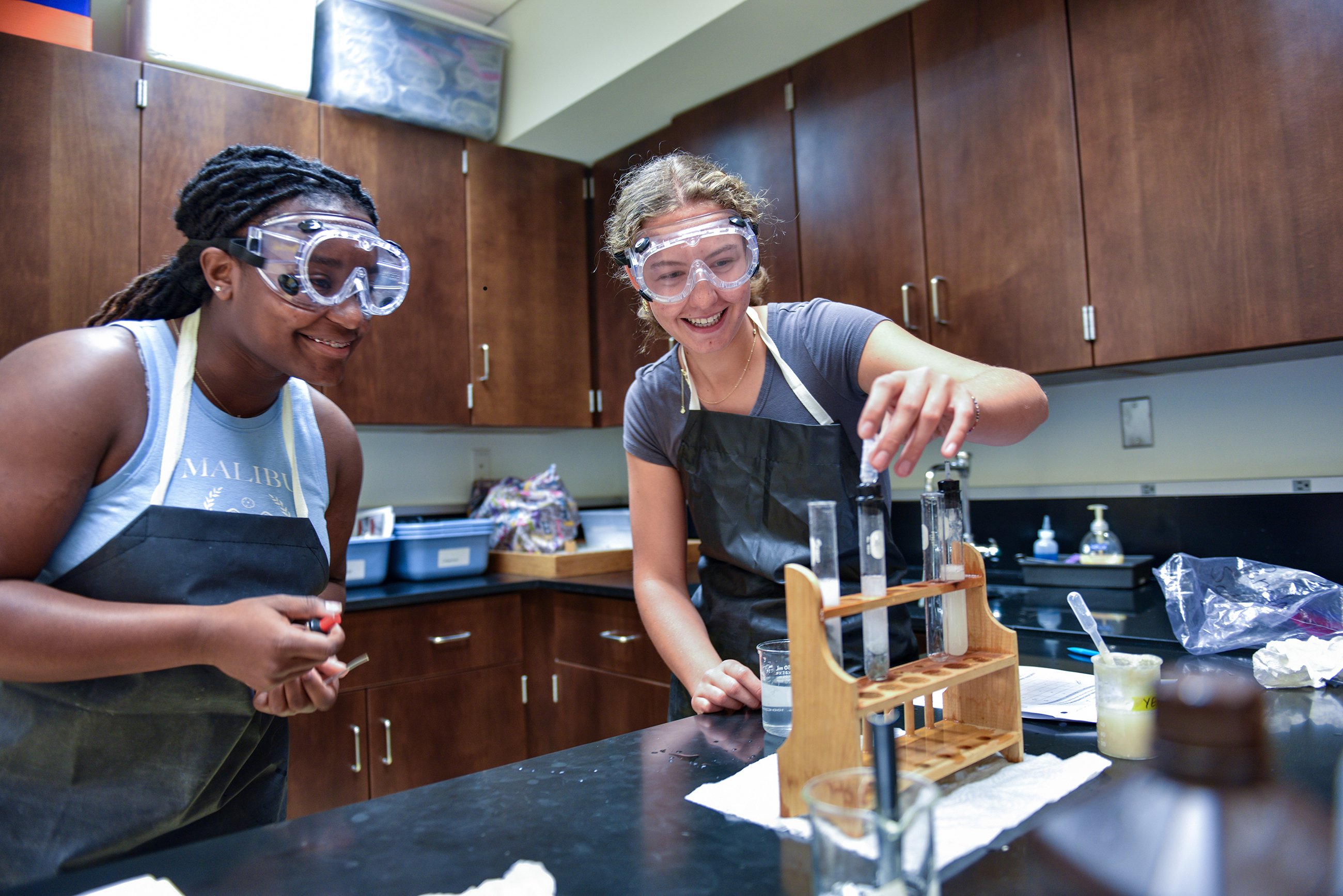
For Music and Theater Kids
Bishop Ireton High School
Alexandria
This school has an award-winning theater program and a nationally recognized symphonic wind ensemble.
Georgetown Prep
North Bethesda
This boys’ school has its own recording studio, plus a music program with a rock band as well as various performing groups.
For STEM Kids
Holton-Arms School
Bethesda
The STEM program at this highly regarded girls’ school connects select students with science-research internships before their senior year.
Severn School
Severna Park
Students can work with state-of-the-art tools at the upper school’s Innovation Center.
For Kids Who Thrive With Personal Attention
Edmund Burke School
DC
The average class size is 12, and inclusive athletic and arts programs mean no students are cut from teams or plays.
The Field School
DC
Students are put in 10-to-14-student groups called “advisories,” with a faculty member who serves as a mentor/advocate.
Georgetown Day School
DC
GDS’s upper school has a student/faculty ratio of 8 to 1, and students address teachers by their first names.
Maret School
DC
Maret has a 6-to-1 student/faculty ratio and is among the smaller private schools in the area, with only 650 students in K through 12.
For Athletes
DeMatha Catholic High School
Hyattsville
The basketball program at this boys’ school has won 41 conference championships and six national titles. DeMatha has produced a number of professional football players, too.
Landon School
Bethesda
The varsity lacrosse team at the all-boys school won the Interstate Athletic Conference Championship in 2024 and 2025.
Stone Ridge
Bethesda
The girls’ school’s varsity lacrosse team was 15th in the nation last season, and three alums were on the 2024 Olympic swim team in Paris.
For Kids Who Dream of Going to an Ivy League School
Basis Independent McLean
McLean
According to the school’s website, 41 percent of its 2025 graduates were accepted into the top 20 colleges in the country.
National Cathedral School
DC
From 2021 to 2024, at least nine graduates of the girls’ school have gone to Cornell; at least five to Columbia, Penn, and Yale; and two each to Brown, Harvard, Princeton, and Dartmouth.
The Potomac School
McLean
This school’s website says that 50 of its graduates went to Ivy League schools in the last four years.
St. Albans School
DC
According to PolarisList, which tracks student enrollment at Harvard, MIT and Princeton, over a recent four-year period, the boys’ school sent 13 kids to Harvard and Princeton combined, plus one to MIT.
Sidwell Friends School
DC
From 2021 to 2024, at least four students have enrolled in each of the eight Ivy League colleges, according to the school’s website.
This article appears in the October 2025 issue of Washingtonian.

